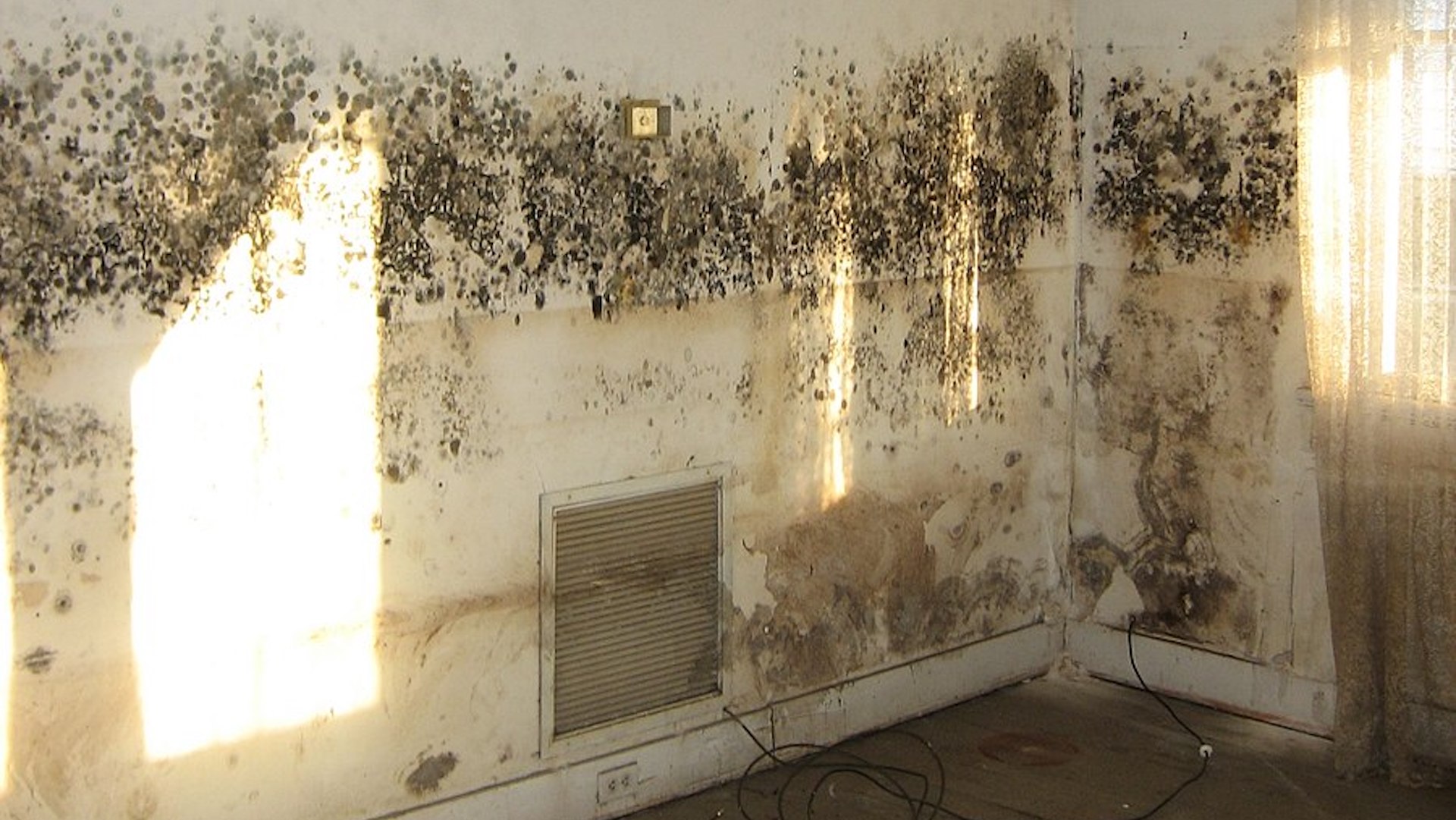Scottish social workers reported the highest level of people living in cold and damp homes (69%), followed by those in the North East (66%).
“Parents are having to choose between buying food for children and heating their homes,” one social worker said. “Energy bills are simply not affordable. Respiratory infections for children have increased due to living in cold damp homes. Children’s sickness has impacted on their school attendance.”
Another said that the cost of living crisis has caused increasing mental health struggles, domestic abuse, gang affiliation and theft to pay for bills and food for children.
“Children in care can barely afford food or new clothing with some having to use clothing allowances for food being left with very minimum levels of clothes,” a social worker said. “Rents are expensive for care leavers and some are ending up in houses that are not appropriate, such as living with people who use drugs or alcohol or houses with heavy mould.”
Social workers have seen people suffer with “extreme anxiety” and “feeling suicidal” due to not having enough money, debt or fears of eviction. They also report children wearing dirty clothing due to not having enough money for a wash, as well as an increase in unhygienic homes.
Dr Cath Lowther, general secretary of the Association of Educational Psychologists, said: “Children and young people living in the damp and the cold cannot thrive and develop. Living in such conditions is adversity, plain and simple.
Advertising helps fund Big Issue’s mission to end poverty
“Adverse childhood experiences are known to have long term negative impact on all aspects of people’s lives. This involves significant increased risk to physical health as well as further risks to mental health and achievement in school.
“Nobody can concentrate on schoolwork when all they can think about is trying to keep warm. And how confident will a child or young person feel about inviting their friends over to such a home? If the government is serious about improving the lives of our children and young people, starting with safe, adequate housing needs to be a priority.”
Campaigners are calling for more government support to help people afford their energy bills.
Recent analysis from the End Fuel Poverty Coalition found that, despite energy prices falling in April, millions of people are paying more for their energy bills now than they did at the height of the cost of living crisis. That’s because 2.3 million people are in debt, averaging at around £1,200 each.
Simon Francis, the coordinator of the End Fuel Poverty Coalition, said: “What we need to see is a much faster roll out of programmes to improve the energy efficiency of buildings and bring down the cost of energy. The reality is though that there will also need to be a structured programme of financial support announced well in advance to help people though next winter.”
Fiona Waters, spokesperson for the Warm this Winter campaign, added: “This is a heart-rendering and all too familiar story where the most vulnerable are at risk because of our broken energy system and we need urgent change before even more children, the elderly and others become ill or worse.
Advertising helps fund Big Issue’s mission to end poverty
“As a rich country at the very least we should be giving our people warm, dry, healthy homes to live in. That’s why we need long term solutions such as expanding homegrown renewable energy and a mass programme of insulation to bring down bills once and for all so these appalling living conditions are banished to the past where they belong.”
If you need help in the cost of living crisis, find out more here.
Do you have a story to tell or opinions to share about this? We want to hear from you. Get in touch and tell us more.









